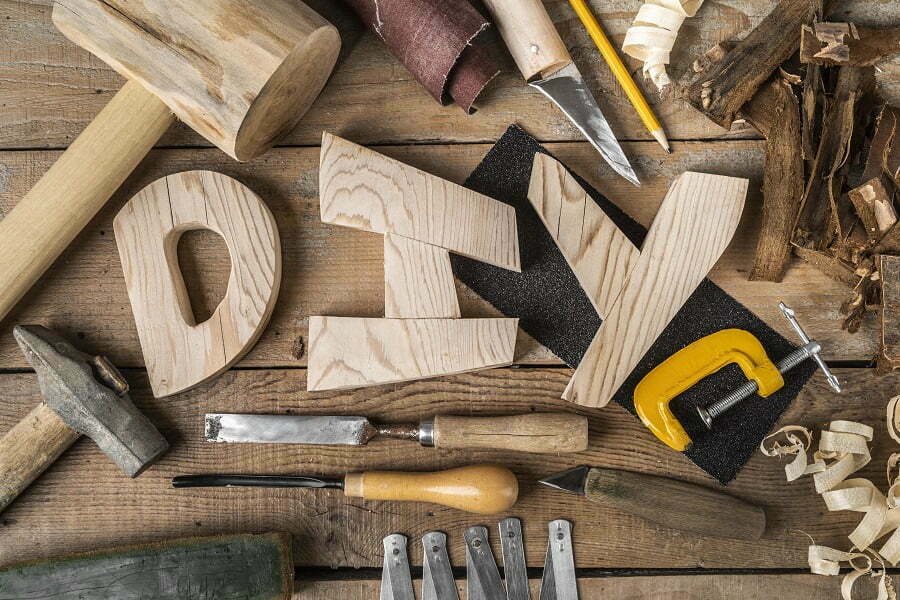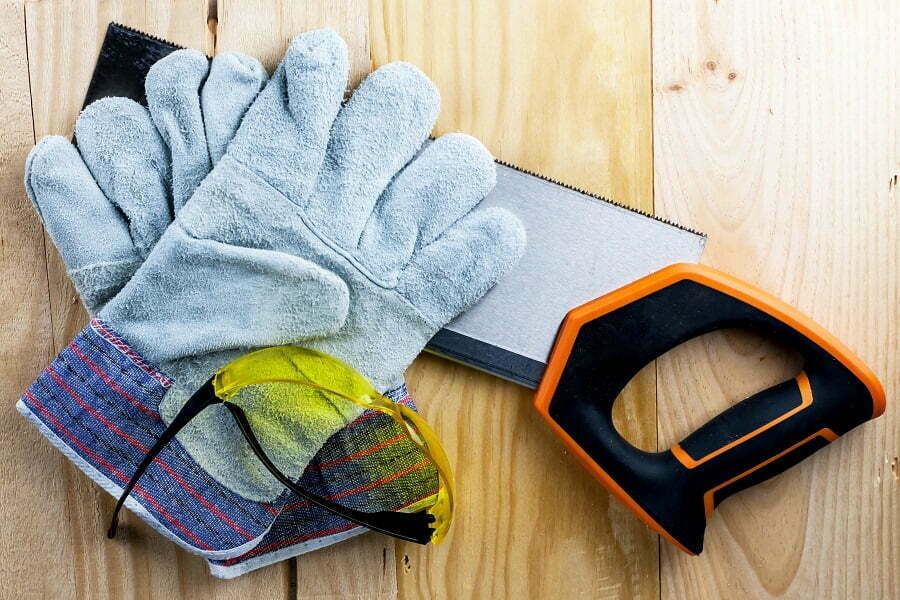Last updated on
If you’re reading this article, then you are probably interested in getting the right equipment for your DIY projects. You’ve come to the right place!
There are lots of things to consider when choosing what type of tools and other materials will work best for your project. Whether it’s building furniture, repairing your car, or making something at home, there is a lot to be said about how different types of materials can make or break your project.
This article will give you all the secrets on what you should be looking for and why. So read on if you want to get started with success instead of failure!
Consider Your Budget

The first thing you need to consider is your budget. If you have a very limited amount of money, then it is best to stick with simple materials and basic tools, as professionals at niagaramachine.com suggest, since that will not be as taxing on your wallet.
For example, if you are working on a minor car repair, it might not make sense to go out and buy a new toolset when you can just go with a basic wrench or something to get the job done.
If your car has a couple of minor scratches, there’s no need to repaint the whole exterior. Simply get some touch-up paint for your particular car brand. For example, if you have a Subaru, some Subaru touch-up paint could be the perfect, cost-effective solution. You’ll simply need to ensure that you’ve matched the paint color to your vehicle model before purchasing.
How Often Will You Be Using It?
The next thing you need to consider is how often you will be using your equipment, especially if it is for DIY projects that happen infrequently. If this is the case, it might be best to go with quality materials that are more durable and can withstand wear and tear.
However, if you will only use them for specific projects every now and then, then it is certainly okay to go for something that is less expensive or even borrow equipment from someone in order to save money.
What’s the Point of It?
The next thing you need to ask yourself is what the point of your equipment is. For example, if you are trying to build a small table for use in your apartment, it doesn’t make much sense to go out and buy a brand new power saw when a simple hand saw will get the job done just as well. This is especially true if you do not plan on using the machine regularly.
However, having professional equipment for more frequent DIY projects is very important to make sure that they are built correctly.
What Material Will You Be Using?
The next thing you need to consider is what material you will most likely be working with, especially if it is something like metal or wood. For example, if you are working on a heavy-duty project that requires lots of strength to get the job done, it is very important to have the right equipment for the job so you can prevent injuries and other problems.
You might even want to consider hiring someone else who has experience with the material in question to help guide you through the process.
Is It Portable?
The next thing you need to consider is whether or not the equipment you want to use is portable, especially if it is for a DIY project that will take you away from home.
For example, if you are going camping and trying to fix your tent, then having a full toolset might not be the best idea. Instead, you should try to go with a more portable form of equipment that will allow you to complete your job in a timely fashion without causing unnecessary distractions.
Is It Safe?

The last thing you need to consider is safety, especially if it is for a DIY project that might involve working with power tools or other potentially dangerous materials. If this is the case, you need to make sure that you have all the safety equipment that you need in order to stay safe and prevent any injuries from occurring. In addition, it might be a good idea to buy insurance in case anything were to happen while you are working on your project.
When it comes to DIY projects, there are a lot of things that you need to take into consideration when buying the right equipment. If you want your project to be successful instead of disastrous, then make sure that safety is always a priority and consider how often you will use your gear before investing in professional-grade tools.
In addition, making smart decisions about budgeting for different materials can help cut down on costs while still getting what’s needed for success. You might also want to think about portability as well if this applies to your situation so working away from home isn’t too difficult or time-consuming. At the end of the day, being thoughtful about these factors should allow anyone with limited experience or resources to have just as good of a chance at completing their DIY job with flying colors.
Recap:



